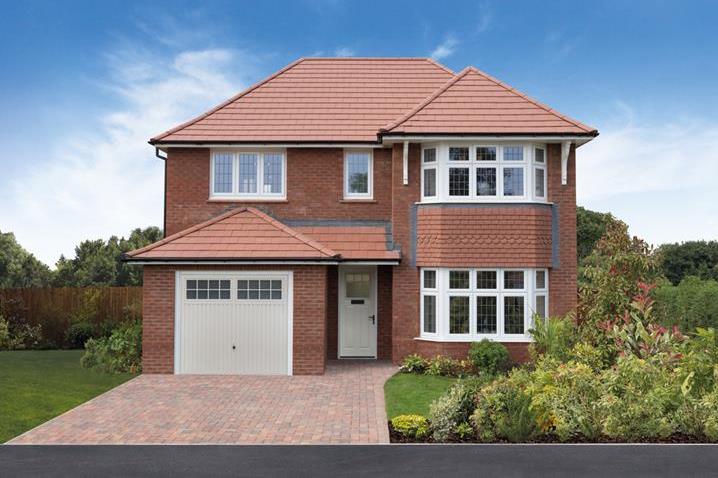Redrow has narrowed its product range to focus on its Heritage range, aimed at house-buyers who prefer the traditional to the modern aesthetic.
A particular market for Redrow, therefore, is the downsizer, the baby boomer who still might want enough space and bedrooms to have the grandkids to say, but no longer wants the heating bills associated with their draughty old property or the DIY chores to keep it fit for purpose.
For a downsizing boomer not ready or willing to succumb to a retirement complex, a Redrow Heritage home looks more appealing than many modern cheap-looking offerings.
For Redrow, this means it is tapping into a market of cash buyers.
Chief executive Matthew Pratt said: “We continue to offer a unique proposition to homebuyers: the character of older homes combined with quality, energy efficiency and modern open plan interiors. These selling points appeal to those moving to larger homes as well as those who are downsizing. Once again, we saw the evidence of this with cash buyers representing 35.7% (2022: 33%) of all private reservations.”
While many house-builders target first-time buyers, Redrow is more likely to get the last-time buyer.
This strategy helped Redrow broadly maintain turnover and profits amid tightening conditions last year. For the year to 2nd July 2023. Revenue was broadly flat at £2.13bn (2022: £2.14bn). The £395m pre-tax profit was 61% up in the previous year, but 2022’s £246m result included £164m of one-off provisions. On an underlying basis, pre-tax profit was down 4% on the year.
Other metrics also took a squeeze, including underlying return on capital employed, moving from 24.5% to 23.1% this time.
“Given housebuilders’ strong forward order books during the financial year under review, both materials and subcontract labour were stretched, with build cost inflation of up to 8% in some instances,” said Matthew Pratt. “These pressures have since eased as the macro-economic picture has become more uncertain, with build cost inflation beginning to return to more sensible levels. Going forward, in the new financial year, we expect build cost inflation to be circa 4%.”
Challenges clearly remain for house-builders. “The impact of a record number of consecutive interest rate increases in a short space of time and the general rise in the cost of living, continues to make this a challenging housing market,” he said.
“As a result of this operating environment, we took the difficult decision in July 2023 to reshape the business, closing two of our smaller divisional offices: Thames Valley and Southern. Our outlets were unaffected by this change, and they are now managed by other local divisions. We also reduced a number of roles across our wider teams to reflect market conditions.”
Buyers remain shy. Over the past 10 weeks Redrow’s rate of reservations per outlet per week was 0.34, compared to 0.61 this time last year.
However, the supply of boomers fed up with DIY and heating bills – core Redrow customers – remains plentiful.
More optimistically, he added: “There are signs of economic stability, particularly with mortgage rates, following a sharp and painful period of adjustment for the country. The strong fundamentals underpinning the new homes market remain the same. There is a chronic shortage of new homes to keep pace with the country’s current and future needs.”
It is quite a contract to Vistry, which declared earlier this week that the private house buyers was altogether too fickle a customer to bother with. Vistry is adopting a new strategy of concentrating only on partnership housing, building low cost homes for social and mixed tenure housing. What Vistry and Redrow still have in common, however, is segmentation strategy at the heart of their business model.
Got a story? Email [email protected]


